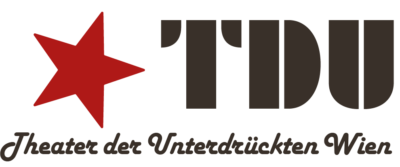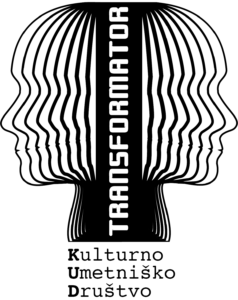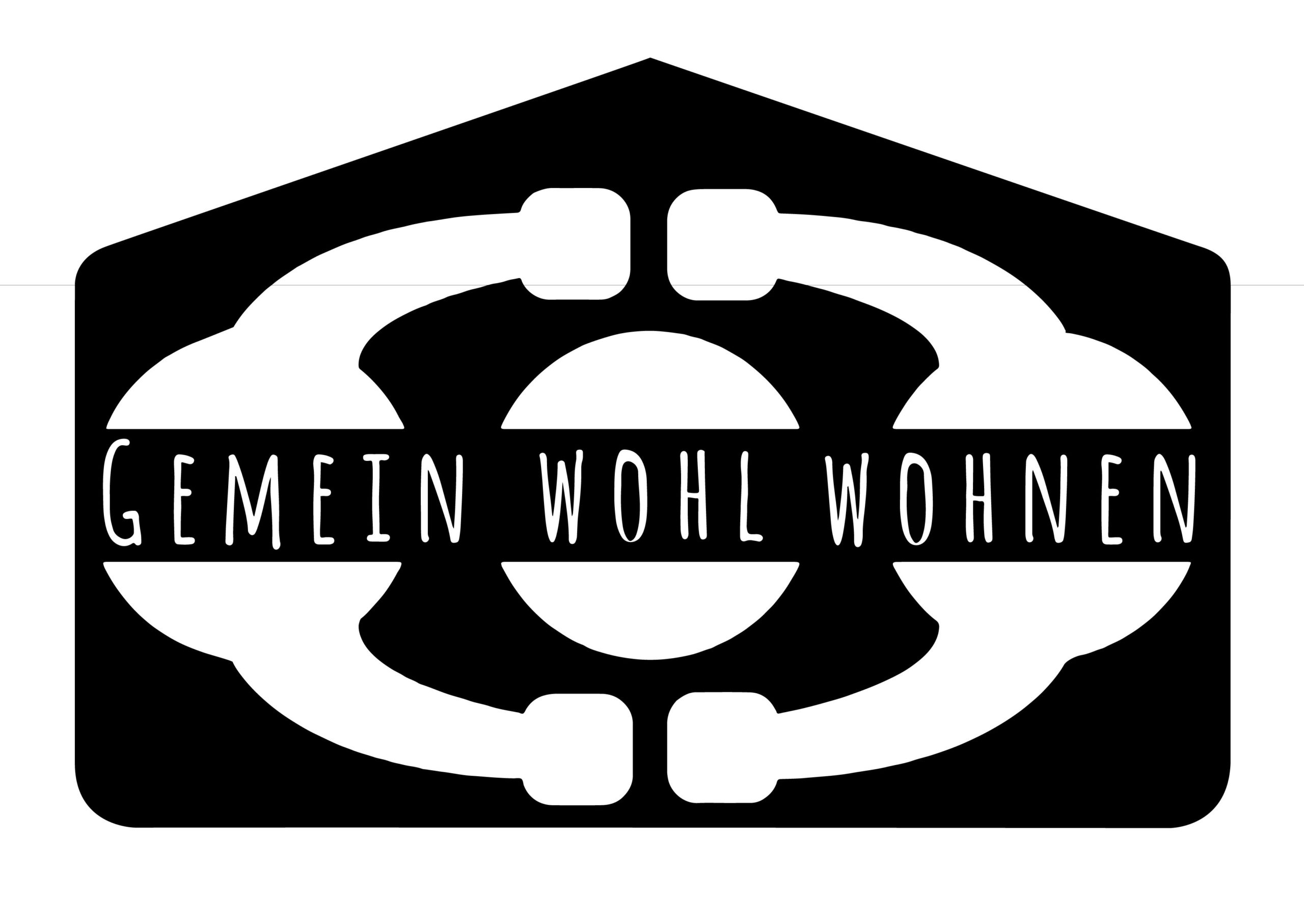Climate justice. Action. Theatre.
Climate justice. Action. Theater. is the contribution of activist theatre makers to recent climate justice movements who united together in order to form an international movement of activist theatre-makers working with the methodology of Theatre of the Oppressed (TO) in the field of adult education. This project is a cooperation initiative co-funded by Erasmus+ KA2 in the field of Adult Education.
The main goal of the project was to create an international, diverse, multiplying community of activists and theatre-makers. By the year 2022 we established a fully operational climate justice and social justice activist community that is using various forms of artistic expression, though focusing on forum theatre and theatre for dialogue in the field of adult education.
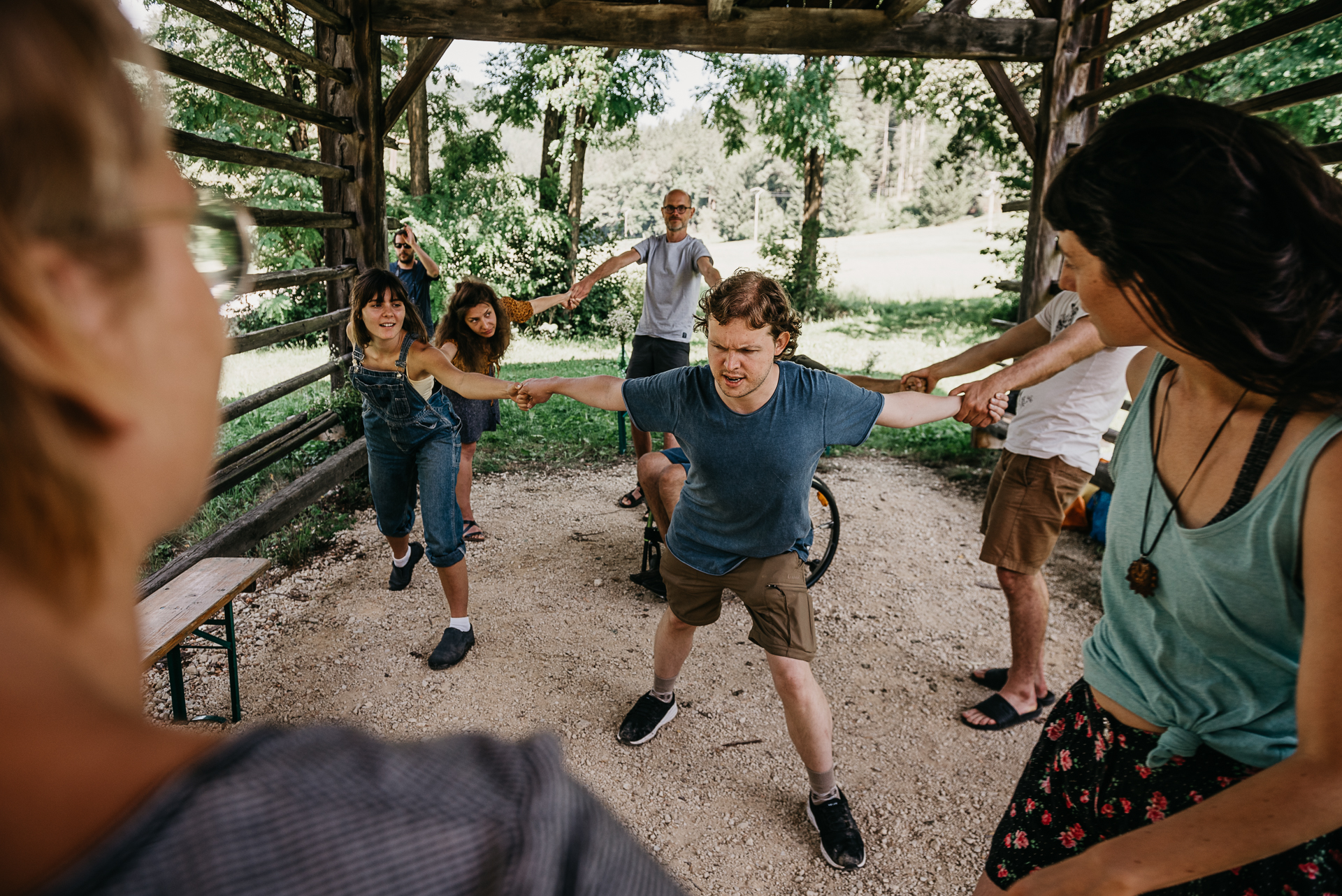
Theatre methodologies have been successfully used all over the world to mobilize for social movements and create operating strategies for social movements within the field of adult learning and beyond.
Climate justice. Action. Theatre is an innovative project which tackles a gap in the adult education field. Though climate change is not a new topic, its urgency is ever-growing and adult education has not yet found effective ways to convey the topic in a way that both gives sound information and makes the dramatics of the situation clear. Political education, of which education around climate change is part of, is still a minor part of all adult education. The role of informing the public about this has previously been taken mostly by social movements like Fridays for Future. It is high time to find effective ways of how this can be addressed by adult education actors.
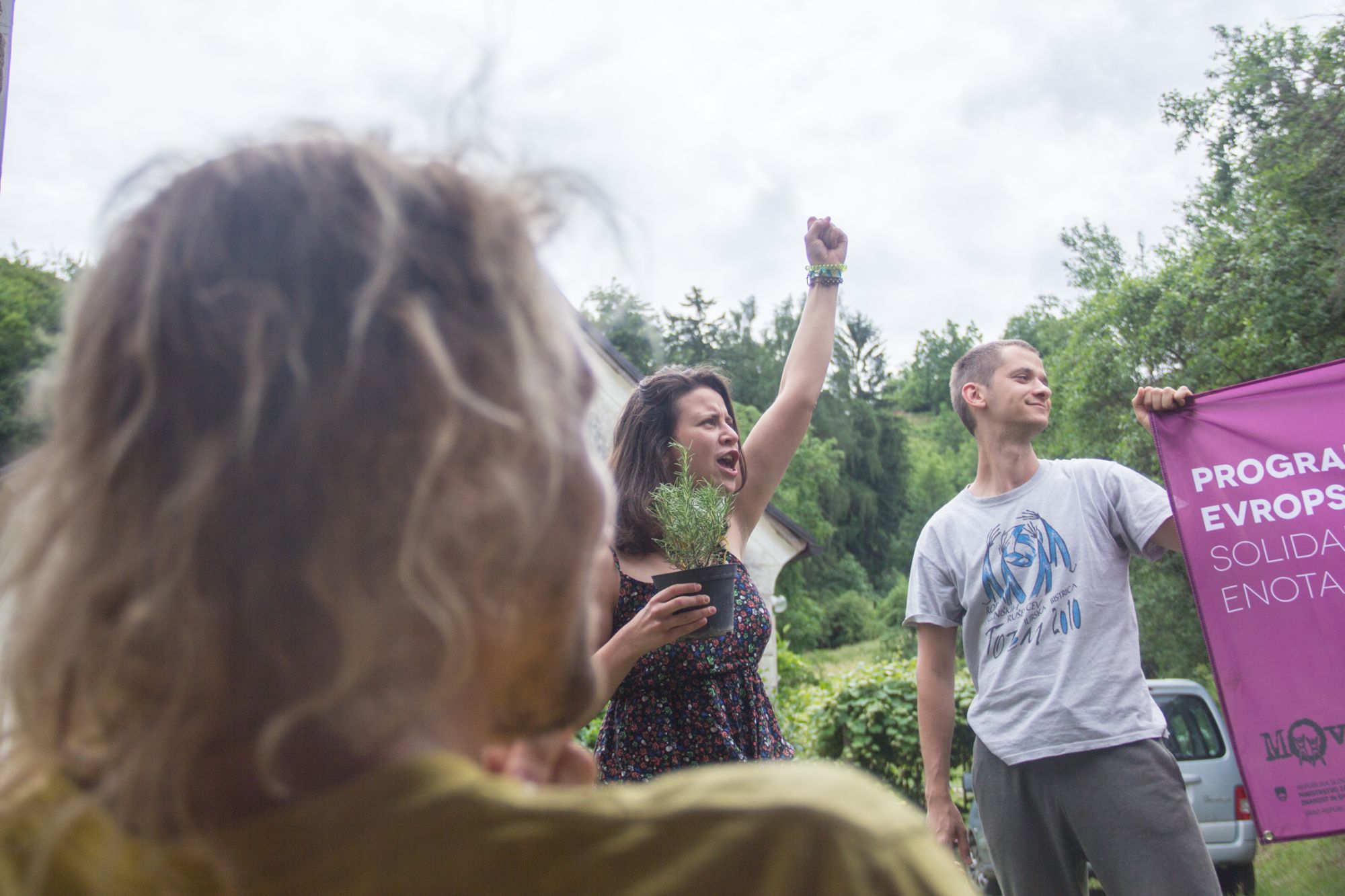
Within this bigger topic, Climate Change is still rarely connected to issues of social justice. If it is studied scientifically, Natural Sciences, CO² indicators, tipping points calculation are in the foreground. With this project, we address these social justice issues as part of Climate Justice, including the latest results from the Social Sciences around Climate Justice.
Through Theatre, human relations and power inequalities around and along climate change are put into the center of discussion.
Arts and especially arts education about ecological crises and Climate change has also focused on aesthetic visualizations of environmental destruction but not on human relations and social justice. In this way, „Climate justice. Action. Theatre“ also contributes to the Arts Education field within adult education.
Last but not least, we believe the Theatre of the Oppressed, the main methodology used in this project, to be an innovative method of adult education. Learners engage on an emotional level and through embodied practices with the politics of everyday life. The participants with fewer opportunities will be engaged in all stages of the project as they are representing the organizing team. Though, we see it as a strength of our project that ensures diversity, solidarity, and horizontal approaches in its work. With this initiative, we strive for inclusivity and multicultural understanding as important principles of European society.
However, Theatre of the Oppressed has not yet been used widely with ecological topics in general or Climate Justice specifically. The partner organizations are pioneers in the field, but the systematization of this new work is still missing.
The project involves three TO practicing organizations: Theater der Unterdrückten Wien from Austria, KUD Transformator from Slovenia, and Gemeinwohlwohnen from Germany.
Fotos by Erik Skoliber
Project Results
The C. A. T. project finished in 2022. Throughout the project, various creative outputs were created which you can find below.
Video 1: Theatre Activist Exchange Cambium 2021
Video 2: Theatre Activist Exchange IAA Munich 2021
Video 3: Theatre Activist Exchange Gornji Grad 2022
A Best Practice Manual was written and collected with reflections and harvests from this project. The Manual was translated from English into German and Slovene. You can find the Manual on our blog or under following links:

The European Commission’s support for the production of this publication does not constitute an endorsement of the contents, which reflect the views only of the authors, and the Commission cannot be
held responsible for any use which may be made of the information contained therein.
